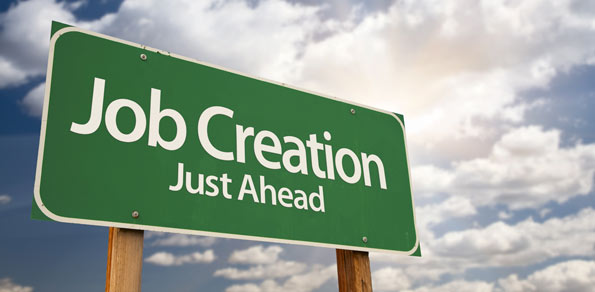When we consider opening an FX trading account with European forex brokers, we see prominent banners on their websites revealing the current loss rate of traders who buy and sell CFDs (contracts for difference).
These are financial health-warnings similar to what you see on packets of cigarettes, well FX trading won’t give you cancer or kill you, but you get the point.
Typically, the losing-rate averages out at 75%, and it’s generally much higher with market-making brokers who operate dealing-desks. The various authorities, such as ESMA in Europe, want to ensure that you enter the industry with your eyes wide open, which is a good thing.
Few people concentrate on the positive aspect of the losing trader data; 25% of traders win or at least don’t lose because some are breaking-even. Let’s take this a bit further. The failure rate for most new business start-ups is approximately 75% inside five years, so when you enter the world of trading FX, you’ve got an equal chance of success compared to starting any new venture.
The good news (and there’ll be more as you read on) is that to set up your FX demo trading account requires no initial investment other than the time you invest in education. Unlike setting up a high street business, there’s no sink-cost with our online forex and trading industry.
You don’t invest perhaps £15,000 to wait to break even in year three, which is the typical pathway to success for a small business in the UK (pre-pandemic of course). You can start in our industry with $100 – $200 for a mini/micro account and still get tight spreads and excellent service, especially if your broker is STP/ECN/NDD who wants (and needs you) to win.
You don’t have to kit out your shop or buy stock in our industry, and you don’t have to give most of your takings to a landlord. You don’t have overheads such as utility bills, insurance, wages, and local council-tax rates.
There’s no barrier to enter our industry, and the low start-up cost makes the opportunity very attractive. If you open a high street shop, you must consider how many competitors you have. In comparison, there are tens of reputable forex brokers pitching for your business in our industry; the more traders who enter our trading world, the better for all of us. You don’t compete with one another. Brokers compete, and they’ll get you a better fill and a cheaper spread-quote if the ECN liquid pool is close to overflowing.
The average loss of a small business failure in the UK is close to £35,000, and the failure takes five years on average. Many small business owners never recover financially. Oh, and it’s a fact that according to UK ONS figures, nearly 80% of the self-employed life in poverty.
Please spare a thought for those who set up a new business in Q4 2019, to watch it suffer a quick and inglorious death during 2020 as the pandemic ran amok.
It’s important to note that the losses retail FX traders make before giving up the opportunity are tiny compared to the losses incurred by other small business operators.
Now then, let’s consider the advantages of setting up your small, part-time, online trading business. As mentioned above, you can start live trading with $100-$200 and have zero overheads. But before committing some funds, you can operate demo-accounts using virtual funds for several months on the best retail platform, MT4, until you’re ready to trade with real money.
Can anyone point to another opportunity to make money where you can get access to such world-beating technology for a couple of hundred dollars, euros or pounds? A business which you can add more funds to as your experience, skill and confidence develops? No. neither can we.
Here’s another consideration. If you open your small high street business, you might occasionally access local business support, termed “chambers of commerce” in the UK. Whereas, your forex broker is bombarding you with advice from day one. Articles, trading schools, analysis, tips, concepts, online chats, personal contact. This resource is put in place to help you win.
It might take you three years to develop your trading edge, but you can limit your losses during this time to hundreds not tens of thousands. Think of the unique journey of self-discovery and education you’ll receive during your development. As an example, you’ll become a highly credible technical and fundamental analyst within a short time, new life long skills that will prove to be invaluable whatever you invest in and whenever.
Here’s another consideration; at any time with your trading business, you can stop trading and go back to a demo account. You can stop losing at any time you want. You can also use stops and a circuit-breaker to limit your losses at any time. You can bet that a significant part of the 25% who don’t lose have applied sound money-management to their method and strategies. They’ll have taken time to learn their craft while developing their MT4 skills patiently. They also know that they’ve discovered an opportunity like no other—one where the potential profits can outweigh the risk.


